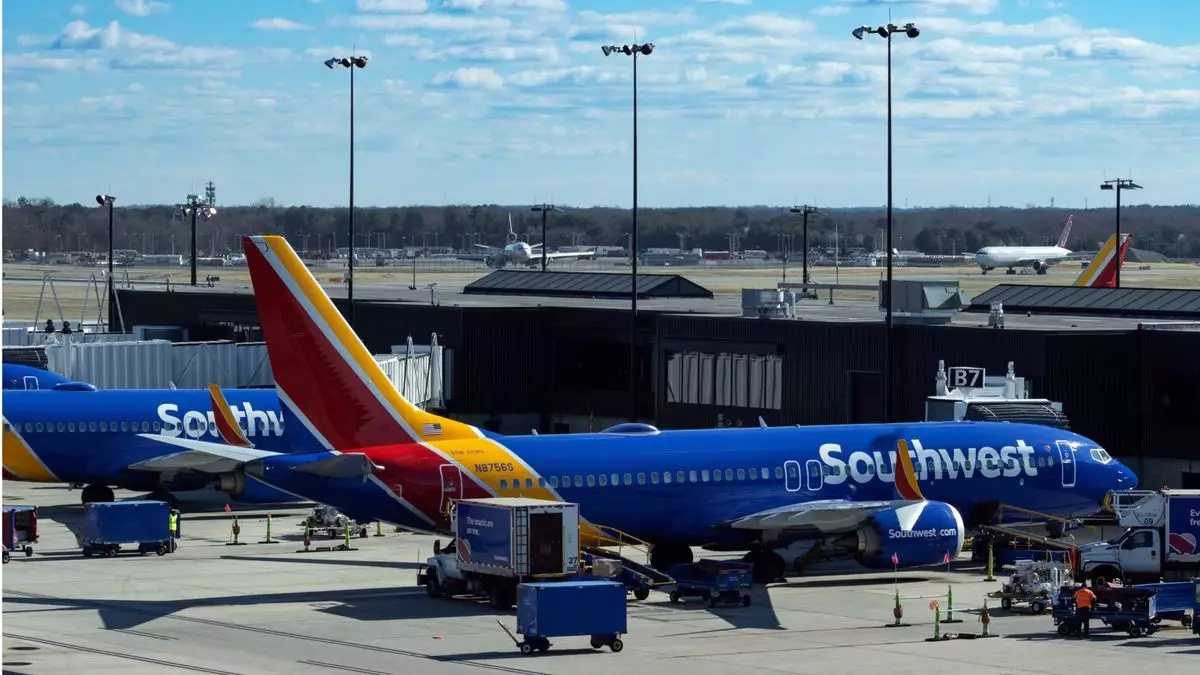April 1, 2024, marks a pivotal moment for Southwest Airlines as Ryan Green, the executive vice president and chief transformation officer, prepares to leave his role. His decision, communicated to the airline on February 18, suggests a planned transition rather than a hasty exit. Green’s journey with Southwest began in 2002, and he climbed the ranks to hold significant positions, including chief commercial officer and chief marketing officer prior to his current role. His departure raises questions about the future leadership landscape at a time when the airline industry is navigating various challenges.
The timing of Green’s exit closely coincides with critical shareholder events, particularly involving Elliott Investment Management. An amendment in the recent SEC filing has granted Elliott the ability to increase its stake in Southwest from 14.9% to 19.9%, marking a shift in their influence over the airline. This move comes on the heels of Elliott’s previous pressure tactics, which included threatening a proxy battle aimed at restructuring Southwest’s board and leadership. Despite these challenges, the agreement reached last October stabilized the situation, allowing the incumbent CEO, Bob Jordan, to maintain his position while ushering in new board members. With Green stepping down amidst these dynamics, the impact on both internal leadership and shareholder relations will be keenly watched.
The backdrop to Green’s departure and Elliott’s increased stake is a significant workforce reduction announcement by Southwest Airlines. The recent decision to eliminate approximately 15% of its corporate workforce—around 1,750 positions—reflects unprecedented shifts in the airline’s operational strategies. The layoffs will include eleven senior leadership roles, although Green’s position is not affected. This steep downsizing signals a strategic reevaluation of the company’s operational framework, potentially indicating a response to the financial pressures and evolving demands within the airline industry.
As the airline faces challenges, including workforce adjustments and shareholder pressures, further leadership changes may loom on the horizon. Ryan Green’s departure may open avenues for new strategic directions, potentially redefining how Southwest Airlines positions itself in a competitive market. The involvement of Elliott Investment Management could also spark further shifts at the executive level, as they often seek to enhance corporate governance and accountability.
Ryan Green’s exit represents not just a personal career milestone but also a reflection of broader corporate dynamics at Southwest Airlines. With the looming influence of major shareholders and unprecedented workforce decisions, the coming months will be critical in shaping the airline’s future as it navigates the complexities of the aviation sector. The implications of these developments will likely be felt not only internally but also across the entire airline industry landscape.


Leave a Reply